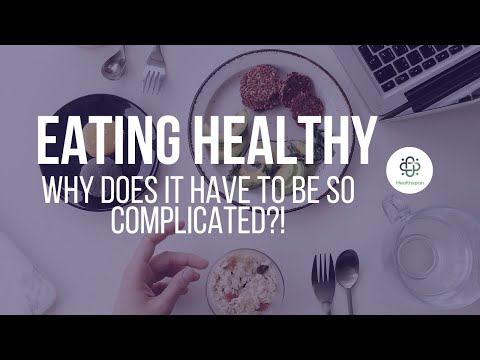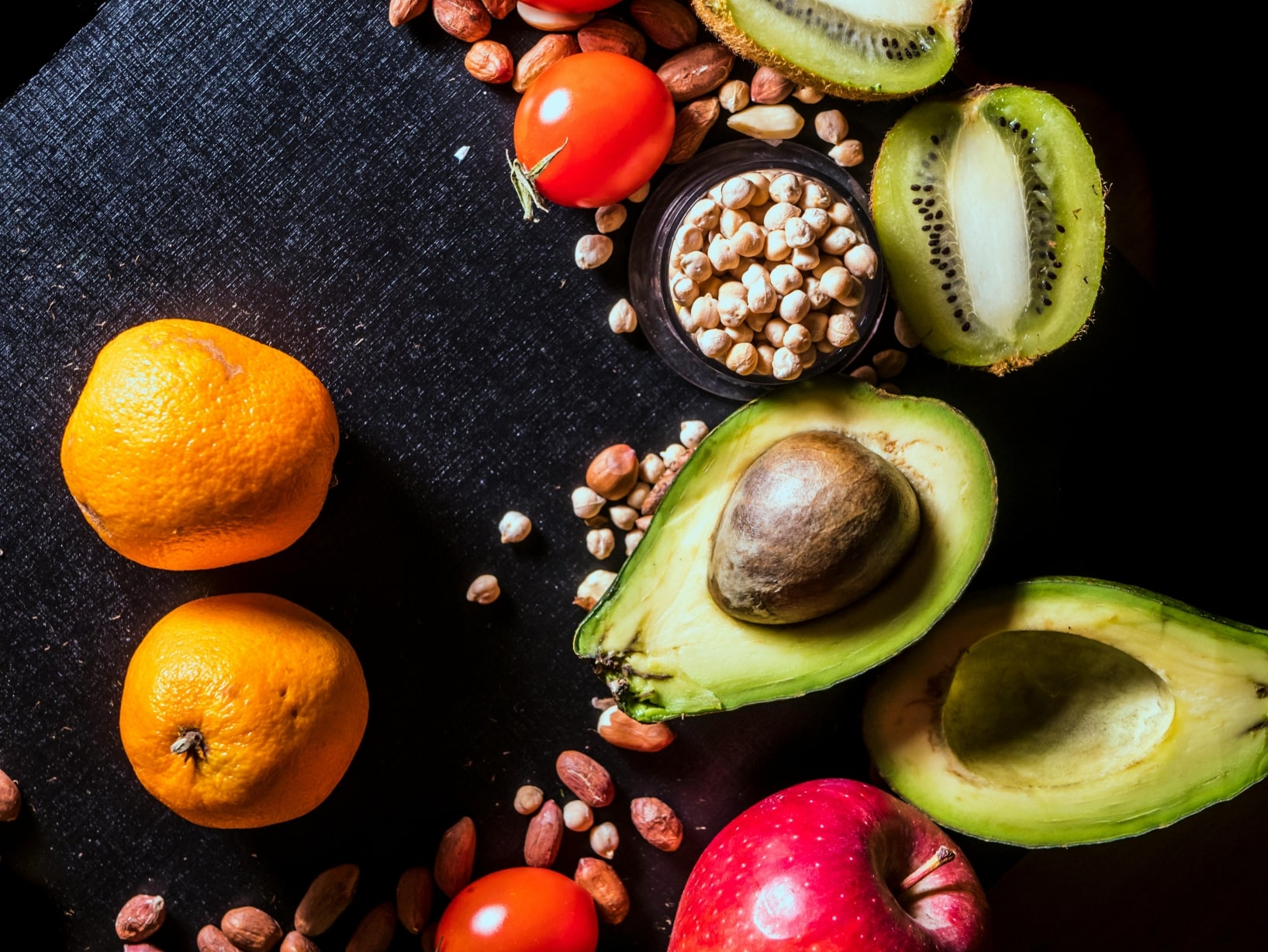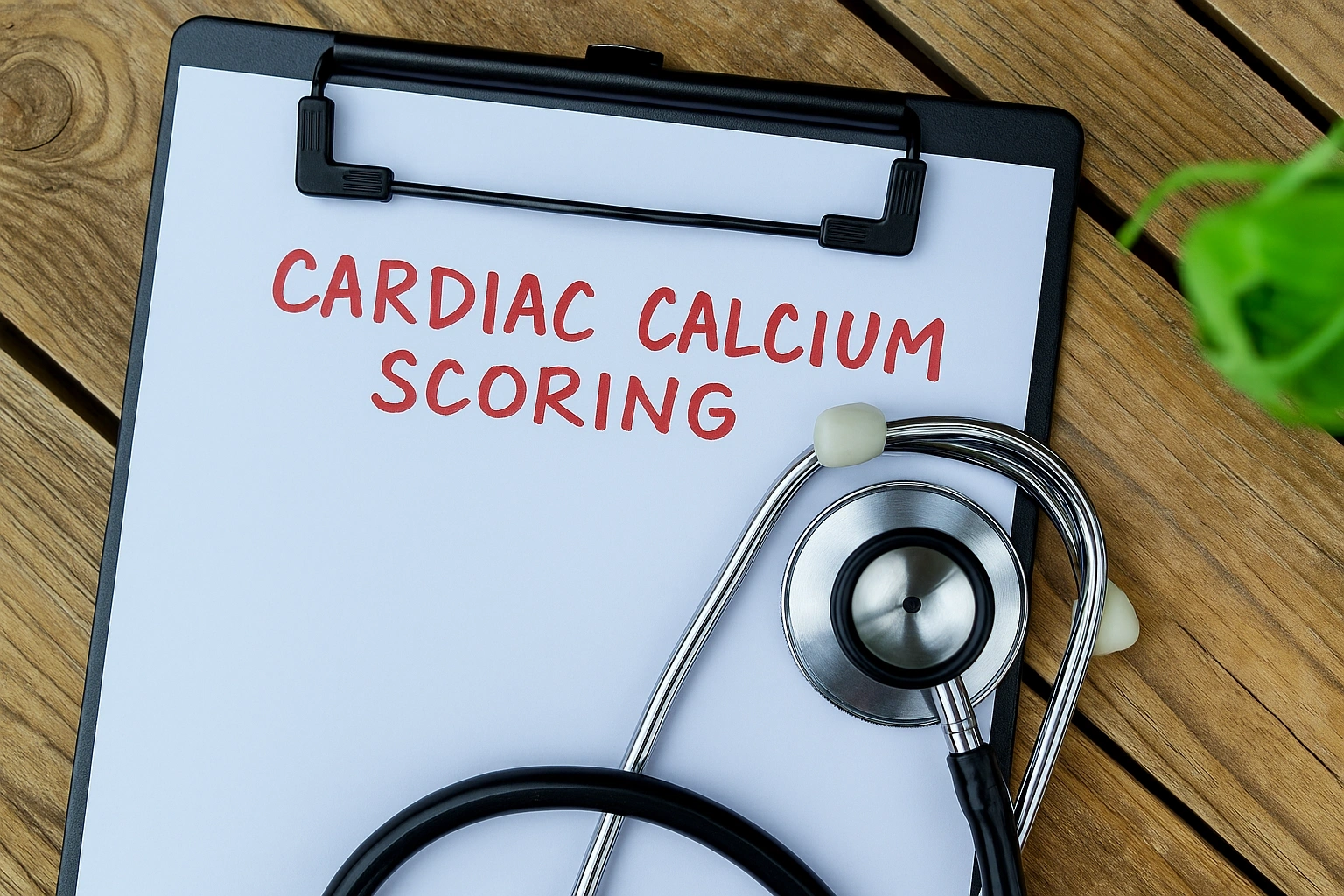Do you have a personalized nutrition system?
If your answer is “I don’t even know what the heck that is.” I get it.
Even as a cardiologist, I didn’t understand how critically important having a nutrition system is for your health.
But now I do. And if your health, and your longevity are priorities for you, then read on, and I will explain why having a nutrition system is one of the most consequential decisions you can make for your health, weight, and longevity.
I ask all my patients what they eat, and they usually struggle with an answer. Commonly, they end up saying, “I know I don’t eat as healthy as I should.”
When I ask what they mean by “healthy,” most aren’t very clear. They might say they try to avoid red meat. Or carbs. Or fatty foods. Or they are trying to eat more vegetables. Or oatmeal.
But they rarely have an organized approach to eating that is consistent with their goals.
And that’s a HUGE problem.
Here’s why more people are suffering from poor health than at any time in world history, and what we are eating is a BIG contributing cause.
Despite incredible medical advances, 60% of adults have at least one chronic illness, like high blood pressure, pre-diabetes/diabetes, unhealthy cholesterol levels, or unhealthy weight.
And forty percent have two or more chronic diseases.
If you’re concerned about your health, or your future health, it’s critically important to know that your nutrition system will likely determine your success, or not.
So, what is a nutrition system? It’s simply being able to answer these four questions FOR YOU:
- What to eat
- What NOT to eat
- How much to eat
- When to eat
The truth is most will keep eating unintentionally, eating whatever happens to be around, or is convenient, and, unfortunately, their health will suffer.
But if your goal is to live a long, healthy life, don’t make this mistake. Experts say we lose 23 years of healthy life on average due to mostly preventable illnesses.
And making the default choice, eating what most eat, and not having a nutrition system will get you what most get.
How did eating healthy get so complicated?
If you’re not sure about what eating healthy means anymore, you’re not alone, and it’s not your fault. We are bombarded with so many opinions about eating a “healthy” diet that it has become unusual when someone is sure about what to eat.
We are regularly exposed to media reports of the latest research or expert advice that can be just the opposite of what was reported last month or last year.
Is low-carb or whole food, plant-based, the best diet?
Should we eat six meals a day? Or is time-restricted eating better?
Should I avoid high-fat foods or be concerned about excess protein?
What about red meat? Salt? Juicing? Protein bars?
And thousands of other questions.
Adding to the complexity is that we are all different. What works for your sister-in-law is likely not right for you. And the result of this is we jump around from idea to idea, “superfoods,” to keto, to vegan, and our health, and our weight, keeps getting worse.
How we became confused is easy to understand. But more importantly, how do we cut through the mountain of information and opinions and make decisions about what we should eat?
What you will learn is that it’s simpler than it seems.
When you create your nutrition system.
What is healthy food?
Is healthy food high protein or low carb? Low glycemic, low fat, or balanced? Plant-based, vegan, Mediterranean, Atkins?
You probably have an opinion. And of course, everyone else does as well. What foods are healthy has been debated for decades, and science hasn’t helped. In fact, science (at least low-quality science) is the problem. One article says your favorite food causes cancer, but it’s in rats (does that really count?). The following week, a report says your favorite food lowers cholesterol, but other studies have been conflicting.
What are we supposed to think?
Here’s my advice. Ignore almost all nutritional studies discussed in the media, especially if they are observational (meaning they ask people what they eat and follow them over time.) These research studies do not help you find your best diet.
Healthy Food and the French Paradox
In the 1980’s it was noted that people in France eat more saturated fat and pork than people in the United States yet have much less heart disease.
How could this be? For decades, haven’t we been told to avoid saturated fat and red meat? So how come French people are enjoying great food AND excellent health? Soon the phrase “The French Paradox” was coined.
We humans are a curious lot, and we like to figure things out, especially if a simple answer is available. Many experts (and not so experts) tried to explain how these lucky French were eating decadent food (they are called French fries for goodness sake!) and enjoying good health, while the more “fat conscious” (and fatter) Americans were eating less fat and red meat and still dying of heart attacks.
What the French understand that most Americans don’t is that food is not the enemy. It is an essential part of a great life and good health.
So, how can we eat in a way that makes our life and health better, and not worse?
Create your nutrition system for longevity
Question #1 – What do I NOT eat?
The easiest question to answer but not easy to achieve.
All healthy diets have one factor in common, the unmistakable, no doubt about it, no credible expert disagrees thing in common.
All healthy diets minimize or avoid highly processed foods.
These are the foods that are killing us. In the Healthspan for Longevity Program, we call these Red Foods because they are the foods that lead to obesity, poor health, and a shortened life.
And even though most believe they don’t eat many Red Foods, the truth is highly processed foods account for 60-70% of the foods we eat and they can be very difficult to see if you’re not looking closely. If you eat anything that comes in a package, likely, it’s highly processed. Baked goods (including many whole-grain breads, bagels, cereals), most snacks, most drinks, breakfast items, well, the list goes on and on. And most of the time, we are fooled into thinking these foods are good for us, or at least not too bad. The food industry is incredibly effective at selling manufactured foods that taste great, don’t fill us up, and are addictive. I encourage all my patients to become food detectives and find out where they eat processed foods, and get rid of them.
Question #2 – What do I eat?
The answer if you want to live a long, healthy life?
Whole – or real – foods.
In the Healthspan for Longevity program, we call these Green Foods, and these are the foods that make up the bulk of all healthy nutrition systems.
A good way to think about it: if it’s closer to the source, the better.
However, where the complexity comes in is WHAT whole foods are going to be best for you based on your preferences and body chemistry?
The answer starts with your preferences, but also requires some trial and error. Lab results can also be quite helpful in finding the foods that work best for your chemistry.
Question #3 – How do I eat the right amount for me?
Even if you eat mostly whole foods, too much whole foods are still well, too much.
What most do when trying to cut back on the amount they eat is count calories. And calorie counting CAN work, but if it hasn’t for you, don’t feel bad. A calorie counting approach fails for 90+% of people.
What we’ve found to be much more effective strategies to eating the right amount for our clients is an Intentional Eating or a time-restricted eating approach.
Which takes us to question #4.
Question #4 – When should I eat?
Although most of us have grown up accepting as fact messages like “It’s important to eat 3 meals a day.” or “Breakfast is the most important meal.” the truth is, the best meal timing will be unique to you. Depending on your goals, eating multiple meals a day, limiting eating to certain hours of the day, or even intermittent fasting – can be highly effective strategies for living a long, healthy life.
So, there’s the four questions you need to answer to create your nutrition system for longevity.
And you probably recognize, that’s WHAT you need to do but that’s not the same as HOW to do it, how to eliminate Red Foods, how to decide which whole foods are best for you, how to eat intentionally, how to decide when you should eat.
If you're concerned about finding your best diet for longevity, Dr. Hurst and his expert team are the most qualified in helping people discover the best diet for longevity
If you're suffering, don't hesitate. Talk with our team.
We’re the only practice that combines preventive cardiology and internal medicine so you have the best chance of preventing, treating, and even reversing heart disease.
When you come to us, your doctors sit down with you and take the time to really understand your health and your goals. We start with a comprehensive assessment to uncover any hidden risks and opportunities. From there, we create a personalized care plan designed to get the results that matter most to you.
And unlike traditional, reactive care, you’re not left to figure it out on your own. You’ll have a dedicated support team working alongside you all year, helping you stay on track and actually achieve the results we set out to reach.
We are a concierge-style practice located in the Phoenix Biltmore area, and many of our patients come from out of state. We’re experienced at making care seamless no matter where you live.
👉 Schedule a call with our team today to see what’s possible.

Summary








.png)
